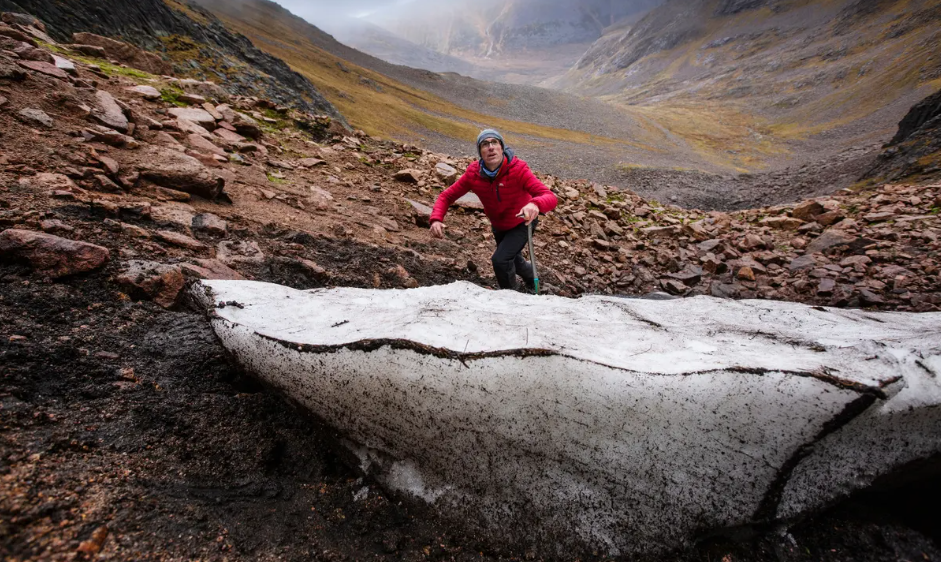Scotland Is Snow-Free For The Fourth Time In The Past Six Years
According to snow experts, Scotland is snow-free for the fourth time in the past six years. The Sphinx in the Cairngorms, which was the snowdrift that lasted the longest in the UK, has finally gone away. A snow expert named Iain Cameron tweeted on Friday that the notorious snow hole had disappeared sometime during the previous night.
Author:Rhyley CarneyReviewer:Paula M. GrahamOct 10, 202212.6K Shares194.6K Views

According to snow experts, Scotland is snow-free for the fourth time in the past six years. The Sphinx in the Cairngorms, which was the snowdrift that lasted the longest in the UK, has finally gone away.
A snow expert named Iain Cameron tweeted on Friday that the notorious snow hole had disappeared sometime during the previous night. It has only melted nine other times in the three centuries before to this one, but this is the fourth time it has done so in the previous six years. Mr. Cameron has posited the possibility that one of the contributing factors is the warming of the planet.
The fight against "climate instability" has been described as a "battle for life or death" by the Secretary-General of the United Nations. In the past eighteen years, the Sphinx atop the remote Braeriach, which is a Munro that stands 1,296 meters (4,252 feet) tall, has vanished more frequently than it ever has before.
According to the data, it occurred in its entirety on the following dates: 1933, 1959, 1996, 2003, 2006, 2017, 2018, 2021, and 2022. It is believed that the last time it completely melted was before to the year 1933, in the 1700s.
Mr. Cameron tweeted:
“„So there we have it. It is confirmed that Scotland is snow-free yet again. The last patch, the Sphinx, disappeared sometime in the last 24 hours. I'm not a climatologist (nor even an academic), but it's a pretty obvious direction of travel. The future for semi-permanent snows in Scotland looks bleak.- Snow expert Iain Cameron
It had been only six days since he had climbed up to inspect the patch, and at that point it was "holding on for dear life," in his words. Mr. Cameron, who lives in Stirling and has studied snow patches in Scotland for the past quarter-century, has written a book titled The Vanishing Ice, which he calls a "lament" to snow and ice that persists high in Scotland's highlands.
He collaborated with the late Dr. Adam Watson, a biologist affectionately known as "Mr. Cairngorms" for his extensive research on the region's namesake mountains. Dr. Watson's study of the Sphinx depended in part on the knowledge of Cairngorms residents and visitors who had passed it down through the decades.
In the 1840s, the Scottish Mountaineering Club began keeping track of the success of the patch, and in more recent decades, scientists and ecologists have added to this body of knowledge. In addition to Mr. Cameron's findings, a report commissioned by the Cairngorms National Park Authority and published in July 2020 noted a decrease in snow cover and a decrease in the number of days with snowfall on Cairngorm mountain dating back to the winter of 1983-84.
Scientists have noticed a warming trend since the 1960s, predicting that there will be years by the 2080s when Cairngorm receives almost no snow at all. During the previous ice age, a glacier carved out a hollow called a corrie, where the Sphinx currently rests.
Conclusion
Because it can store so much snow even in the summer, Garbh Choire Mor has earned the nickname "Scotland's snowiest corrie." Climbers can access a route known as "The Sphinx" from the snowfield.
Jump to

Rhyley Carney
Author

Paula M. Graham
Reviewer
Latest Articles
Popular Articles
